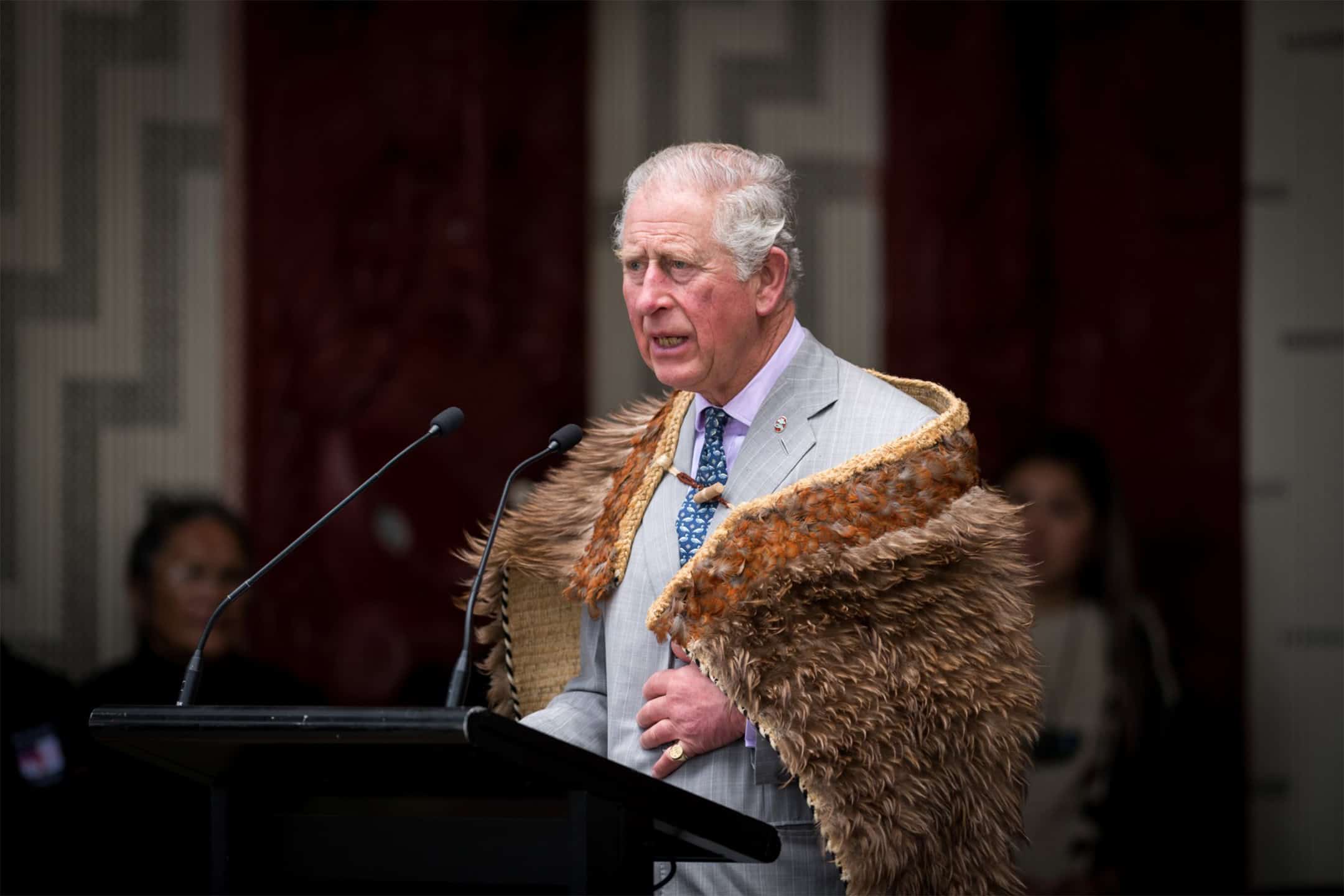Content Warning: This article mentions Canada’s residential school system and genocide.
“This is not your land. You are not our king,” is what Indigenous Australian Senator Lidia Thorpe shouted at King Charles III during his royal visit to Australia earlier last month.
While other parliament members categorized the nature of her protest as “disrespectful,” Thorpe nonetheless raised an important dilemma for us in Canada: the relationship between the British Crown and the Indigenous peoples of Canada.
Today, Canada is still a constitutional monarchy, and the British Crown sits at the top of its political hierarchy despite Canada being a sovereign nation. As a British citizen, the concept of the monarchy always troubled me. Allowing a hereditary ruler dominion over the nation, providing them with 510 million pounds a year through taxpayers’ money, and exempting them from civil and criminal law, are certainly at odds with our supposedly democratic values.
For the Indigenous peoples of Canada, the Crown’s power has been far more painful due to Britain’s long history of colonization. I believe it is high time we reconsider the royal family’s role in Canada and stop wasting valuable funds that could go toward Truth and Reconciliation efforts — 94 calls to action from Indigenous groups to address the ongoing traumas of Canada’s colonial violence.
A troubling reality
Reflecting on the death of Queen Elizabeth II in 2021, Chance Paupanekis — a Swampy Cree man — told CBC News that he saw the former queen and her royal predecessors as “responsible for a huge aspect of the genocide of Indigenous peoples around the world.” When unmarked graves of Indigenous children were found on former residential school sites, social activists toppled over statues of Queen Elizabeth and Queen Victoria, blaming them for “the most genocidal policies in history.”
This colonial relationship dates back to when British settlers of the seventeenth century arrived in the land we now call Canada, and King George III’s 1763 Royal Proclamation eventually formalized British rule of law in Canada, serving as a legal basis for treaties between the Crown and Indigenous peoples.
Many non-Indigenous people in Canada are also uncomfortable with the monarchy’s role in Canada. 55 per cent of respondents in The Guardian’s 2021 poll believe the monarchy is no longer relevant, while only 22 per cent want to keep the governor-general, which is the Crown’s representative in the Canadian parliament and has the power to call and dismiss parliament.
Democracy and funding
To me, there is little reason why Canada should keep ties with the monarchy. We proclaim to live in an age of reason and unprecedented freedoms, yet our sovereign nation still functions beneath a supposedly divine monarch who is the commander-in-chief of Canada’s army.
In a democracy, citizens — not an unelected monarchy — should be the emergency brake if the prime minister or parliament becomes authoritarian. Canadian citizens should be able to exert their autonomy without the threat of another country’s monarch stepping in and removing their fundamental freedoms. Yes, this is a very unlikely scenario, but the fact that the king has this power suggests to me that the concerns of Canadians are secondary to the British Crown — and this is an affront to the values of any democracy.
Additionally, the monarchy might be costing Canadian taxpayers $58.7 million annually. King Charles’ three-day visit to the country in 2022 cost at least $1.4 million alone.
In the context of government finances, this is not a large sum of money, but to Indigenous peoples whose promised projects have been neglected by the federal government, it certainly will be. This money could instead contribute to the $10 million allocated for Indigenous health initiatives or the $21 million for Indigenous housing in Manitoba.
Making amends
It might seem logical that the Crown would apologize for their past atrocities. West German Chancellor Konrad Adenauer apologized for the Holocaust in 1951 and paid Israel reparations of three billion deutschmarks in 1952 — approximately eight billion euros today.
So should Britain, too, pay reparations?
I think the reason Adenauer’s reparations were effective was that his government was directly responsible for that unspeakable act of violence that he apologized for. King Charles was not a direct perpetrator of the European settlements in Canada, nor was his family which descends from a completely different line, so I worry any apology may ultimately appear performative.
I believe we should not assign hereditary guilt and blame the descendants for their families’ mistakes. To shoulder the burden of reparations on British citizens seems both impractical and unfair to me. Reparations may also be financially concerning when Britain has a 22 billion pound “debt” in its budget.
Instead, establishing an educational framework for British students that emphasizes the history of the Indigenous peoples of North America is a strong start to bridging global reconciliation. It will highlight an ignored part of British history, allowing for a degree of atonement for the past without unfairly assigning blame.
Most importantly, the ultimate apology that the British monarchy can offer is to remove its powers in Canada. This can be a final act to make sure investments can be transferred to working toward Truth and Reconciliation rather than wasting millions on lavish ceremonies for what I view as an outdated body of power.
Only in this way can the Crown offer actions — not just words — to try and make up for its past injustices.
Felix Hughes is a second-year student at Trinity College studying history and political science.


